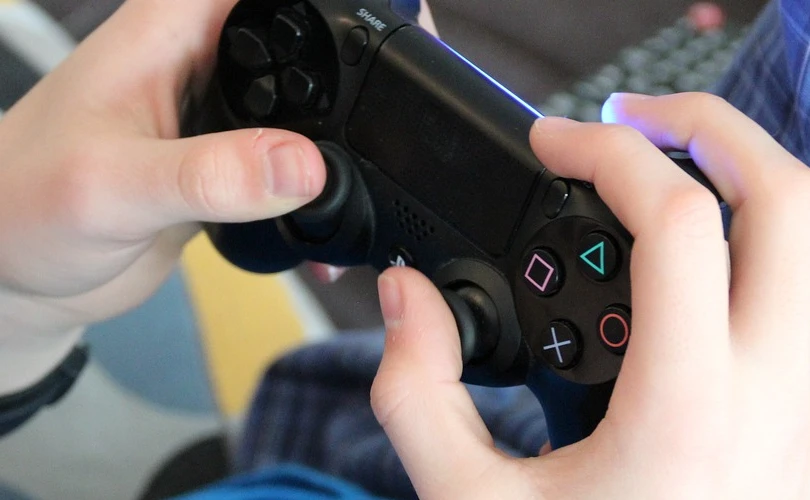For children, playing video games may bring several advantages, such as:
Cognitive enhancement: Playing video games can help children develop better focus, memory, attention, and problem-solving abilities.
Increased imagination: Playing video games might inspire children to use their imaginations and develop new ideas.
Kids can acquire valuable social skills, such as communicating, collaborating, and working as a team, by playing video games.
Playing video games can benefit a child’s fine motor abilities and hand-eye coordination.
Playing video games is an excellent way for children to unwind and have fun, which may help reduce stress.
Playing video games is one of the best ways for kids to unwind after a long day. Playing video games, with their fascinating and fast-paced action, can help youngsters unwind and concentrate on the game. In addition, the fully immersive nature of many games can take children to another planet, where they can forget about their troubles and relax.
Games are not just an excellent way for kids to relax; they can also teach them valuable coping mechanisms. To advance in video games, children frequently encounter challenging levels with several paths to victory. Possessing the ability to persist in adversity and think outside the box to resolve issues is a highly transferable skill.
While playing video games might help youngsters relax, it is also vital that they get enough exercise and other healthy pursuits. To assist children in handling stress in a balanced way, it is essential to encourage them to exercise, spend time with loved ones, and pursue interests outside of school.
Video games may be an excellent tool for youngsters seeking a way to relax and unwind. Make sure they use them moderately and combine them with other good habits.
Beyond these broad advantages, video games also have the potential to educate children in particular fields, including history, mathematics, and science. Kids with special needs, such as autism or attention deficit hyperactivity disorder (ADHD), might find support in a wide variety of video games.
It should be no surprise that only some video games are the same quality. There are video games that have explicit or violent material. Parents should make sure their children play age-and maturity-appropriate video games. Limiting children’s screen usage is another crucial parenting measure.
Video games, in general, may have positive effects on kids. However, parents should monitor their kids’ gaming habits to ensure they are playing healthy, suitable games.
Advice for Parents
Additional advice for parents:
Make screen time quotas. According to the American Academy of Pediatrics, Children younger than two should not use screens at all, and those older than two should not exceed two hours daily.
Join your kid in playing video games. You may discover more about your child’s video game interests while strengthening your relationship with them.
Have a conversation with your kid regarding the games they play. Get their thoughts on the games, including what they enjoy and do not like and what they have learned from them.
Put video games to use in the classroom. Various educational video games allow kids to learn about multiple topics, including history, science, and mathematics.
Adhering to these guidelines may ensure that your child can safely and healthily reap the advantages of video games.

Dominic E. is a passionate filmmaker navigating the exciting intersection of art and science. By day, he delves into the complexities of the human body as a full-time medical writer, meticulously translating intricate medical concepts into accessible and engaging narratives. By night, he explores the boundless realm of cinematic storytelling, crafting narratives that evoke emotion and challenge perspectives. Film Student and Full-time Medical Writer for ContentVendor.com




